Apr 25,2022
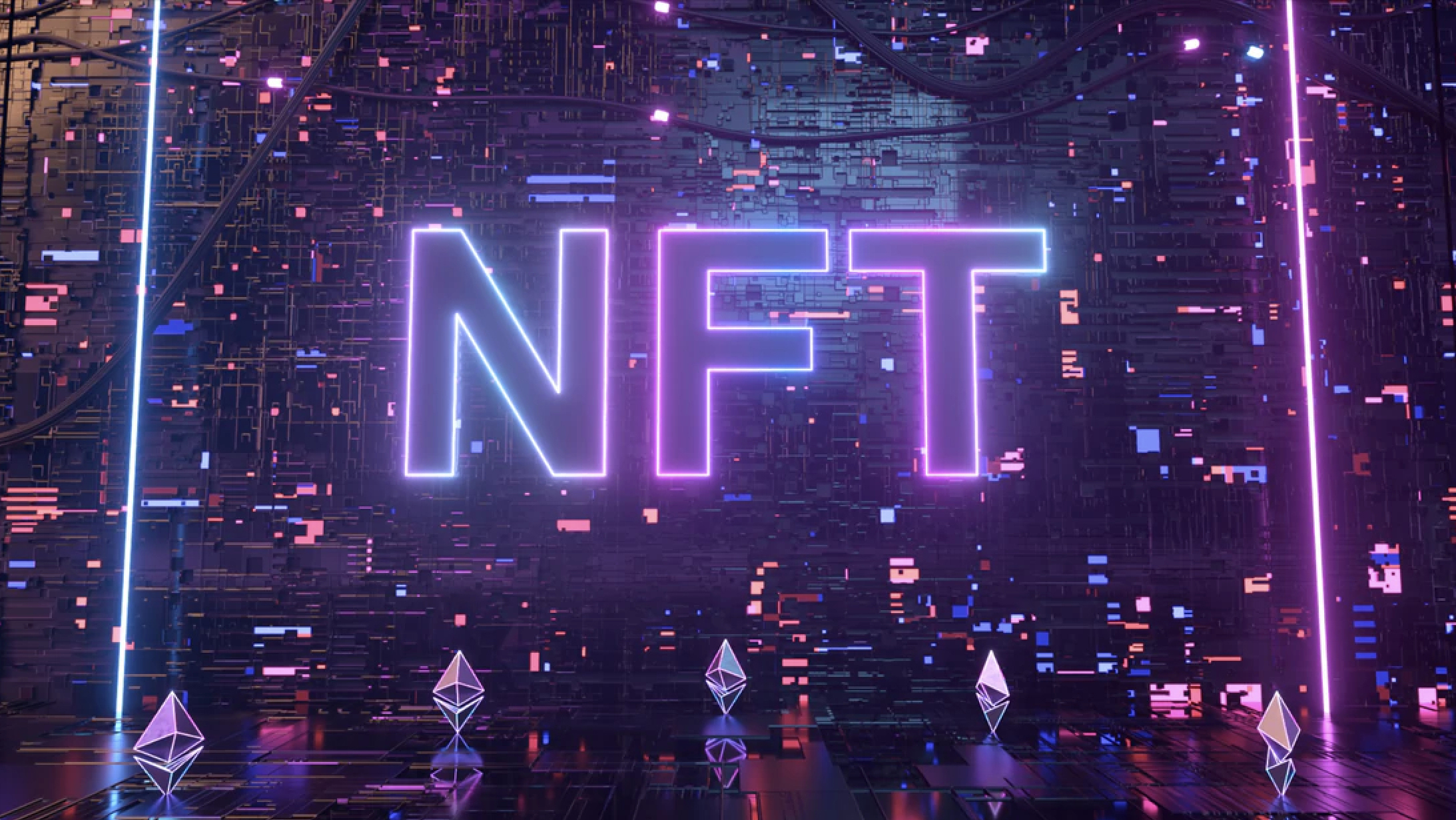
The Future of NFTs: More Than Just Digital Collectibles
Cryptographic tokens (or NFTs for short) have quickly become one of the most talked-about topics in the world of blockchain. The idea of digital collectibles has been around for a while, but with the advent of blockchain, all of a sudden, we had a way of tracking the ownership of digital assets, which also made it possible to trade them with other users. This was not just a fad, though — NFTs are here to stay.
Besides, they are not just digital collectibles — they can represent whatever an individual wants them to represent. From digital homesteads that can be bought and sold on a blockchain, to digital representations of real-world assets, NFTs have it all.
So, where does this all leave us — the future of NFTs? Let’s explore.
Continue Reading...

Apr 06,2022
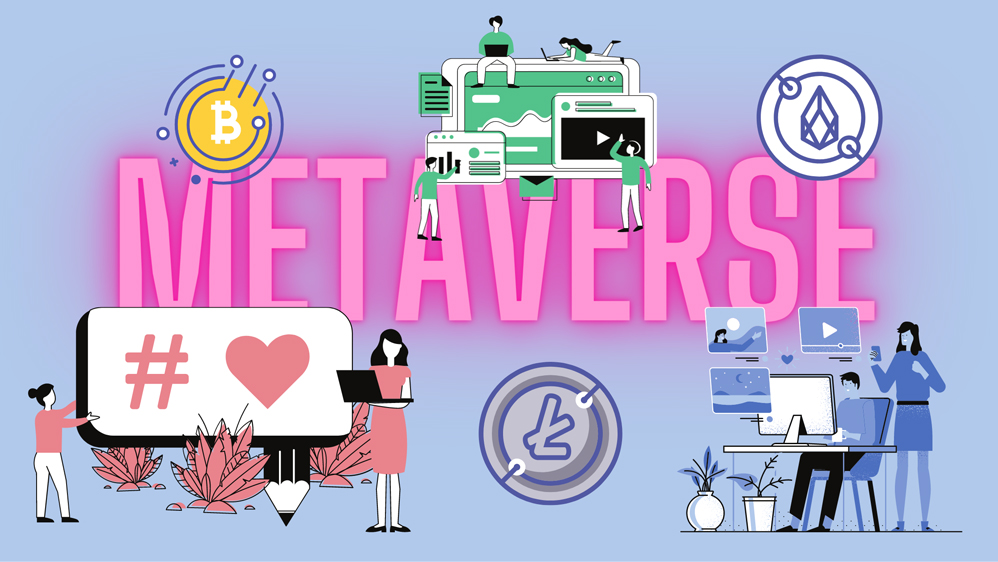
What Is The Metaverse? A Guide To Understanding The Virtual World!
The Metaverse is an online virtual world that encompasses every aspect of our lives. It is a shared digital universe that can be explored in 3D. It is a place where you can be anyone you want to be, go to any place you want to go, communicate with anyone you want to communicate with, and meet any person you want to meet. You can socialize with others in the Metaverse, earn, spend, and store digital assets, and make use of avatars. There are many who do not know what the Metaverse is, or even what it is called. But, those who understand the Metaverse’s potential are eagerly anticipating its official release.
The Metaverse is not a virtual world as you may think. It is a digital world that is designed to be real. It is a cyberspace that is designed to emulate our universe. In other words, it is a virtual world that can be explored in 3D. The Metaverse is a shared digital universe that can be explored in 3D. It is a place where you can be anyone you want to be, go to any place you want to go, communicate with anyone you want to communicate with, and meet any person you want to meet. You can socialize with others in the Metaverse, earn, spend, and store digital assets, and make use of avatars. Let’s explore the potential of the Metaverse and its many uses.
Continue Reading...

Mar 30,2022
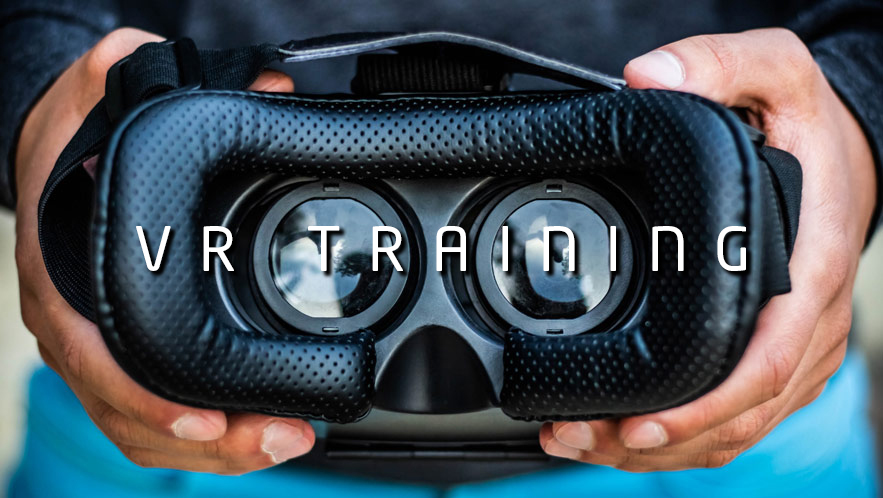
The Importance of VR in Training Employees
Virtual Reality (VR) has been introduced to the world as a new way to engage in shopping, gaming, and other activities. VR is also being used for training purposes and is becoming more common in the business world. From lawyers, athletes, and soldiers, to educators and doctors, this technology can be used in various industries. And if you want employees who are on the cutting edge of their industry, it’s worth considering how VR can help them learn more effectively.
In addition to providing a perspective that simulates real-life more accurately than traditional methods of training like PowerPoint presentations or videos only offer a movie-like experience, VR provides additional benefits. It stimulates memory recall by recreating scenarios where the user will have to remember information, they learned in order to succeed. This makes it easier for the user to recall what they learned during training sessions outside of their work environment.
If you want your employees to be successful in a dynamic work environment, keep reading!
Continue Reading...

Mar 21,2022
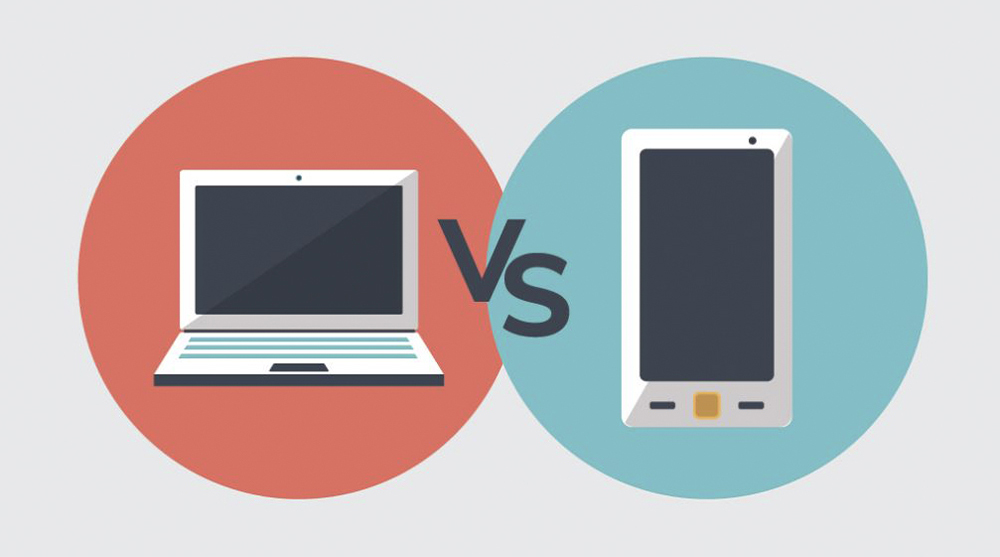
Mobile Phones vs. Computers: How Will Technology Shape the Future of Consumption?
The way we consume and interact with media is changing. We have gone from sitting in front of a TV to watching Netflix on our laptops, to scrolling through Instagram on our phones. This shift has been so rapid that even the big companies like Facebook, Google, and Amazon are scrambling to keep up with it. The next wave of innovation will be driven by the digital natives who grew up never knowing a world without smartphones. They’ll shape the patterns of consumption in ways that are unimaginable today. What will happen to these new patterns? How will they change the economic models that power companies? In this blog post, we'll discuss how technology is shaping the future of consumption...
Continue Reading...

Mar 15,2022

The Future of Holograms and the Technology's Potential Impact on Society
There is a lot of hype around holograms. You may have seen it in sci-fi movies or heard about it as the newest technology to come out of Silicon Valley. But what are holograms? And how might they be used by people in the future?
At their most basic level, holograms are three-dimensional images created by light. Holography was first invented and developed by a man named Dennis Gabor in 1948, and since then many new versions have been created that show different levels of detail. The early stages of this technology were largely restricted by limitations on materials and power sources. However, recent developments in holographic displays now allow for these visions from the future to become reality.
Join us as we take a look at this fascinating field and its potential impact on society to come.
Continue Reading...

Mar 07,2022

Cryptocurrency and the Changing Face of Money
The world of money has been evolving in recent years. The rise of e-commerce and the internet marketplace has altered the way that people make purchases. More and more, we are relying on credit cards, debit cards, and online transactions to buy items from all over the world. This shift is continuing as people now invest in cryptocurrencies like Bitcoin. What does this mean for our future?
Cryptocurrency is a form of currency that operates without a centralized bank or government behind it. Bitcoin is currently the most popular cryptocurrency out there, but there are others as well like Dogecoin, Dashcoin, and Litecoin. You can use them to purchase goods or services just like any other type of money. Cryptocurrencies are also mined by computers that solve complex math problems – this means you don't have to worry about printing more money or minting new coins. As cryptocurrencies become more popular, what will happen to fiat currencies? Will they always exist alongside digital currencies? And if so, how?
Continue Reading...

Feb 28,2022
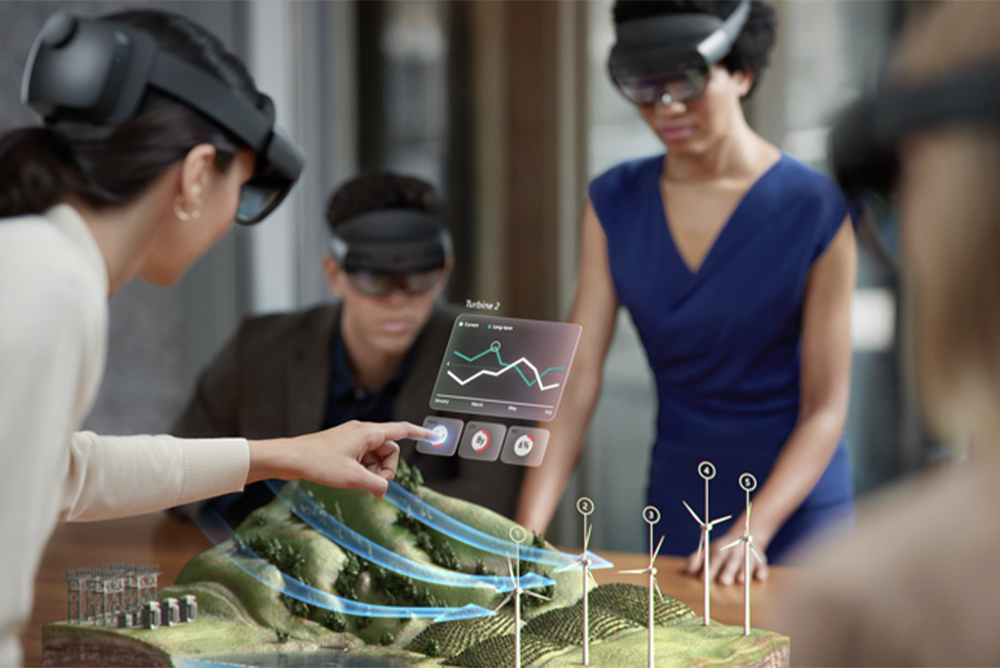
The Future of Corporate Training: Augmented Reality
When it comes to corporate training, traditional methods have their limitations. Traditional methods can meet the needs of experienced employees, but for those who are new to a company or industry, they may not be as effective. With augmented reality, your employees can be trained more quickly and more efficiently than ever before. As we enter a new era of digitization and automation, the need for human capital is dwindling. With AR, companies can provide the most up-to-date skills training without having to engage in expensive and time-consuming traditional methods. The future of corporate training is now!
Continue Reading...

Feb 07,2022

What is a Cryptocurrency Wallet and How Does it Work?
Bitcoin, Litecoin, Etherium, and other cryptocurrencies have taken the world by storm. Bitcoin was the first to be introduced in 2009 and has since made a name for itself as the most popular cryptocurrency. So now you want to know how do you get your hands on one? The answer is simple. You use a cryptocurrency wallet to store your coins and make transactions. But what exactly does this mean? Blockchain technology allows you to keep digital currency in your wallet without needing a bank account or any personal information about yourself. It’s an innovative way to store money that is free from government or third-party interference. Read on to learn more about these wallets and how they work!
Continue Reading...

Jan 27,2022

The Future of Gaming: Play-to-Earn vs. Pay-to-Play.
Gaming has come a long way in the last few decades. There are now more than 2.6 billion gamers in the world, and the industry is worth over $100 billion. But what will the future of gaming look like? Will it be free-to-play or pay-to-play?
The future of gaming is murky at best, but one thing is for sure: it will never be the same again. To find out how to get ahead of the game, read on to learn more about play-to-earn vs. pay-to-play.
Continue Reading...

Jan 17,2022

Augmented Reality: The Future of Shopping and Marketing?
Augmented reality, or AR, is one of the latest technological innovations that has the power to change the way we live. Augmented reality technology is driving innovation in many industries, including healthcare, education, and marketing. AR allows consumers to see what they can't physically touch. And retailers are using it to take customers on virtual tours of their stores and show them products they might want to purchase. This article will explore how augmented reality could change the future of shopping and marketing for good.
Continue Reading...


 Call
Call
 Mail
Mail